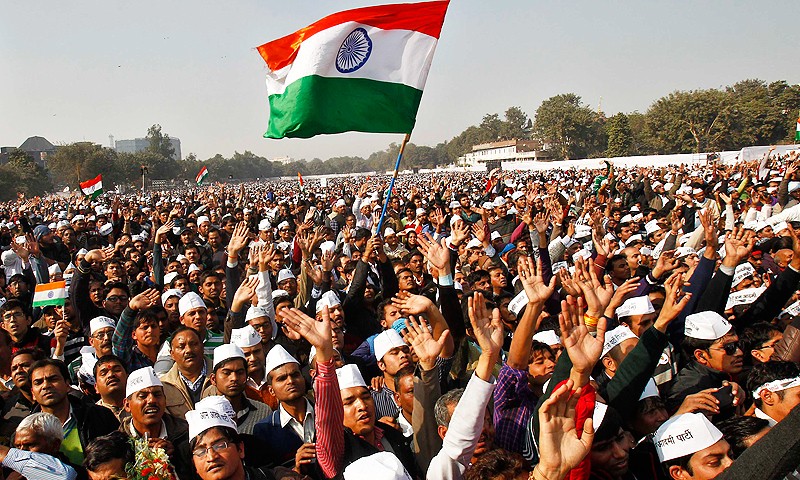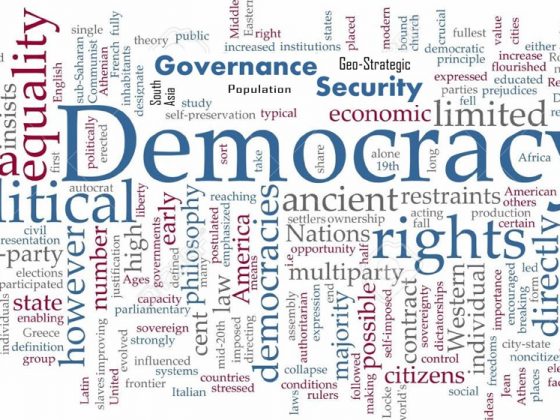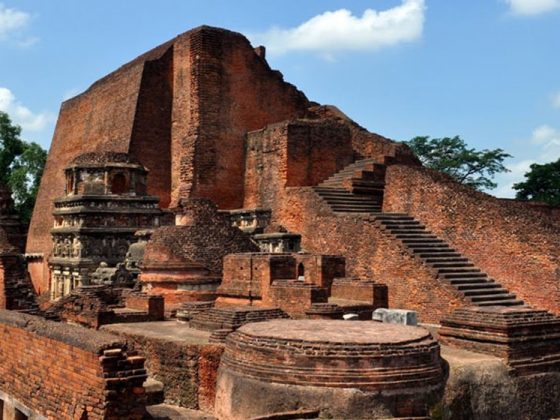This Op-Ed was published earlier in ‘The Tribune’.
If we do not stand up and reclaim the space we have conceded to criminals and other low-life who now sit in judgment over us, it will be our children who will pay the price in the coming years.
The Preamble to the Constitution of India clearly states that India is a sovereign, socialist, secular, democratic republic. But as the ongoing public discourse of our political masters clearly shows, we are more a democracy and less a republic. We may not truly be aware of the subtle difference between the two or even be bothered to give this aspect much thought. But make no mistake, if we are to progress and develop as a nation, we cannot do without either. History tells us that the term ‘democracy’ originated from the Greek words ‘demos’, the common people, and ‘kratos’ or strength. The first democracy was the city of Athens in 508-507 BC where Cleisthenes, known as the father of Athenian democracy, introduced the concept of rule by the common people. However, representational democracy, as we know it today, is very different from what was practised then and is today defined by its one major characteristic “rule of the majority”, which can easily devolve into mob rule or tyranny of the majority, or even worse, anarchy.
Benjamin Franklin once said: “Democracy is two wolves and a lamb voting on what to have for lunch.” The only thing that keeps the lamb off the lunch menu is the fact that we are a republic — not a perfect one but still one nonetheless. What that basically implies is that the country is not a private concern of the rulers but is considered a “public matter” and belongs to each one of us regardless of caste, creed, gender or ethnicity. While this obviously demands that our rulers are elected and not inherited, as quite a few tends to be, more importantly, it requires them to rule for the common good, an aspect of governance on which philosophers, such as Plato and Aristotle, wrote volumes. This is, of course, only possible when there are a set of laws and those elected as leaders follow them both in letter and spirit.
Unfortunately over the past few decades, common good seems to be ignored in the face of parochial and self-serving interests of our leaders, as the rule of law is often ignored or rendered irrelevant. It is no wonder then that our legislatives at the Centre and States have a surfeit of members facing criminal charges — 1,765 MPs and MLAs at last count, or 36 per cent facing over 3,500 cases as per the Government; though some contend the numbers are vastly understated.
While the Supreme Court may well view the entry of criminals into legislative bodies as akin to “termite to the citadel of democracy,” it cannot make laws to keep them out. That, the court said, is the domain of Parliament, an institution that is yet to show a firmness of resolve to stem the rot. Ironically, it is the actions of the apex court itself which gave a fillip to criminals joining politics with its farcical ruling in the infamous JMM bribery case, involving the bribing of MPs to defeat a no-confidence motion brought against the then Prime Minister PV Narasimha Rao’s Government way back in 1993. These allegedly corrupt MPs were unashamed and blatant enough to openly deposit the bribe money in a public sector bank. They were subsequently prosecuted under the Prevention of Corruption Act but were absolved by the Supreme Court’s interpretation of Article 105 of the Constitution. This Article states that (1) MPs shall enjoy freedom of speech in Parliament and (2) shall not be held liable to any proceedings in any court in respect of anything said or any vote given in Parliament.
The court held that the alleged bribe-takers, who had voted in the House, were “entitled to the immunity conferred by Article 105(2)”. It also went on to direct that the bribe-givers must be prosecuted, as also the bribe-takers who did not vote. Certainly, a unique legal justification for the concept of honour among thieves.
The apex court has now attempted to correct the existing state of affairs by directing the Government to set up 12 fast-track special courts to try cases against the legislators.
In addition, it has also directed all political parties, which give tickets to persons with criminal cases pending against them, to publicise the information on the party websites, apart from issuing a declaration in “widely circulated” newspapers and on electronic media after the nomination is filed.
However, there is little doubt left that the “centre of gravity” seems to have shifted in favour of the criminal legislators and they seem to have become indispensable to parties for grabbing power. The sad truth is that actions taken by the Supreme Court now are of little consequence, nothing more than closing the barn door after the horse has bolted.
While regular and reasonably fair elections have ensured that we continue to enjoy the fruits of a vibrant democracy, the same cannot be said for the state of our Republic. The gradual decline of values and the rule of law have ensured that the common good is of little concern to our political class who are quite happy with the status quo. Neither the judiciary nor the bureaucrats can bring about change for the better that is required. It is, therefore, left to the common citizen to act. If we do not stand up and reclaim the space, we have conceded to criminals and other low-life who now sit in judgment over us. It will be our children who will pay the price in the coming years.
The writer is a military veteran, a Consultant with the Observer Research Foundation and Visiting Senior Fellow with The Peninsula Foundation, Chennai. The views expressed are the author’s own.











